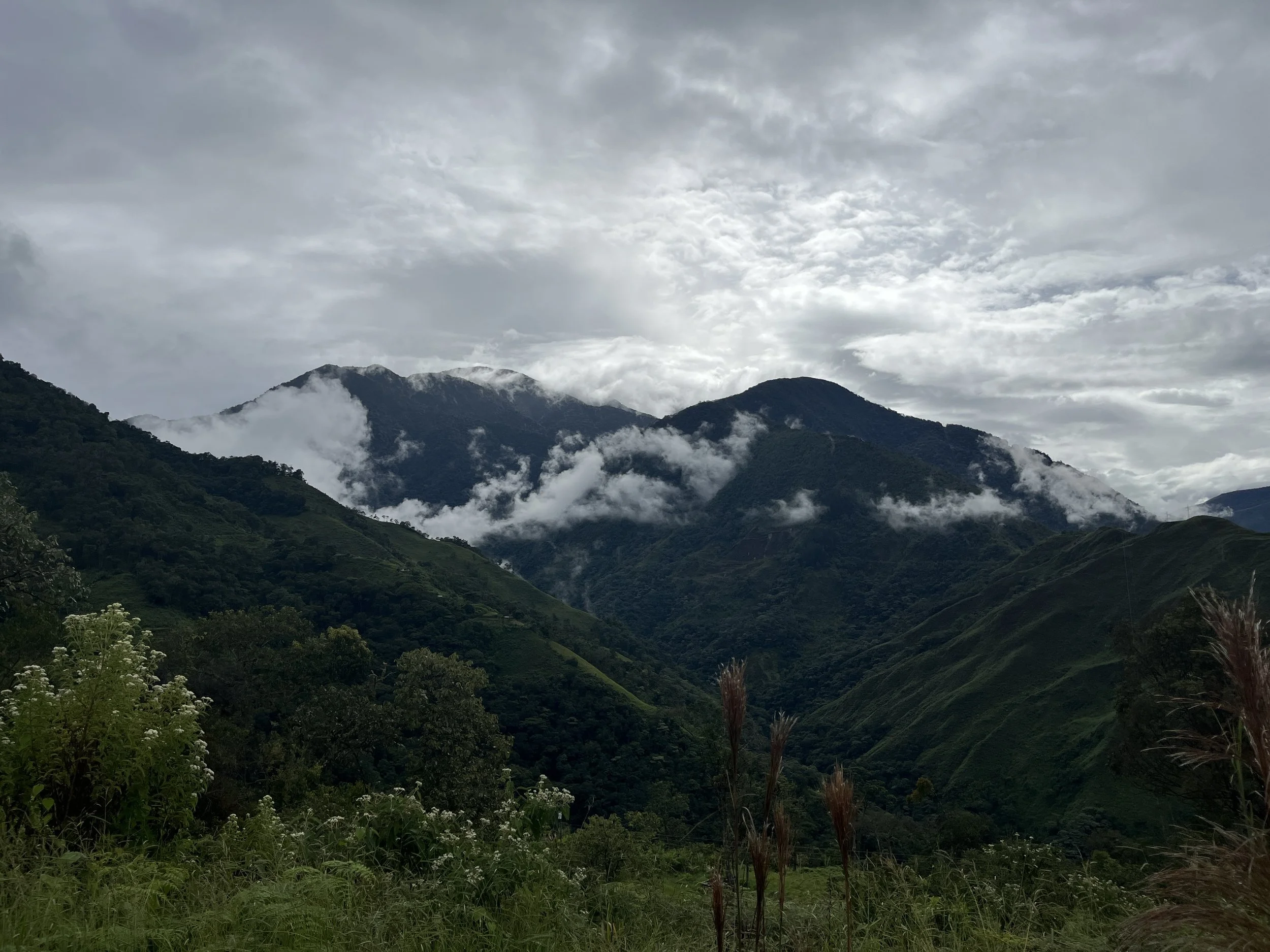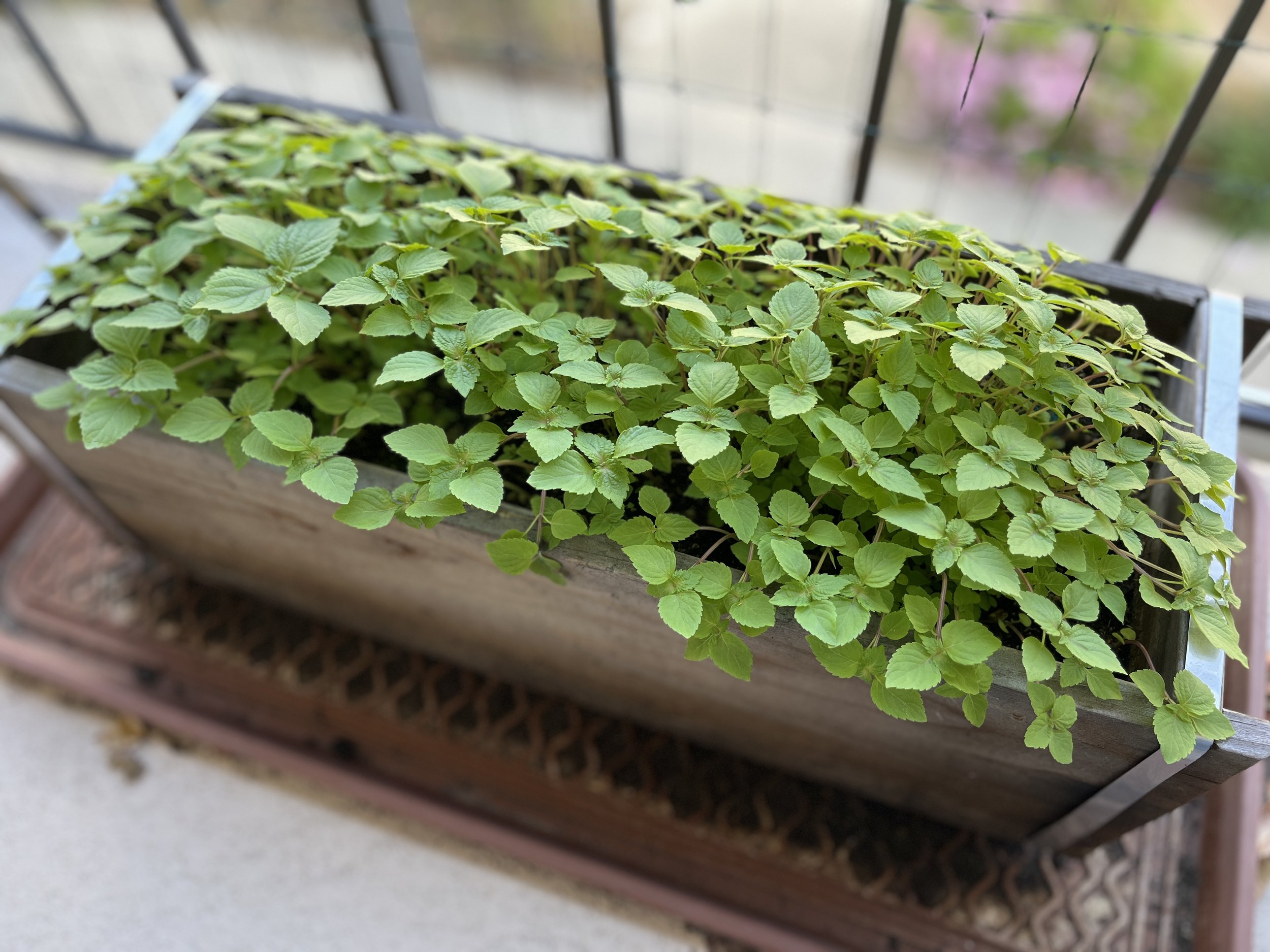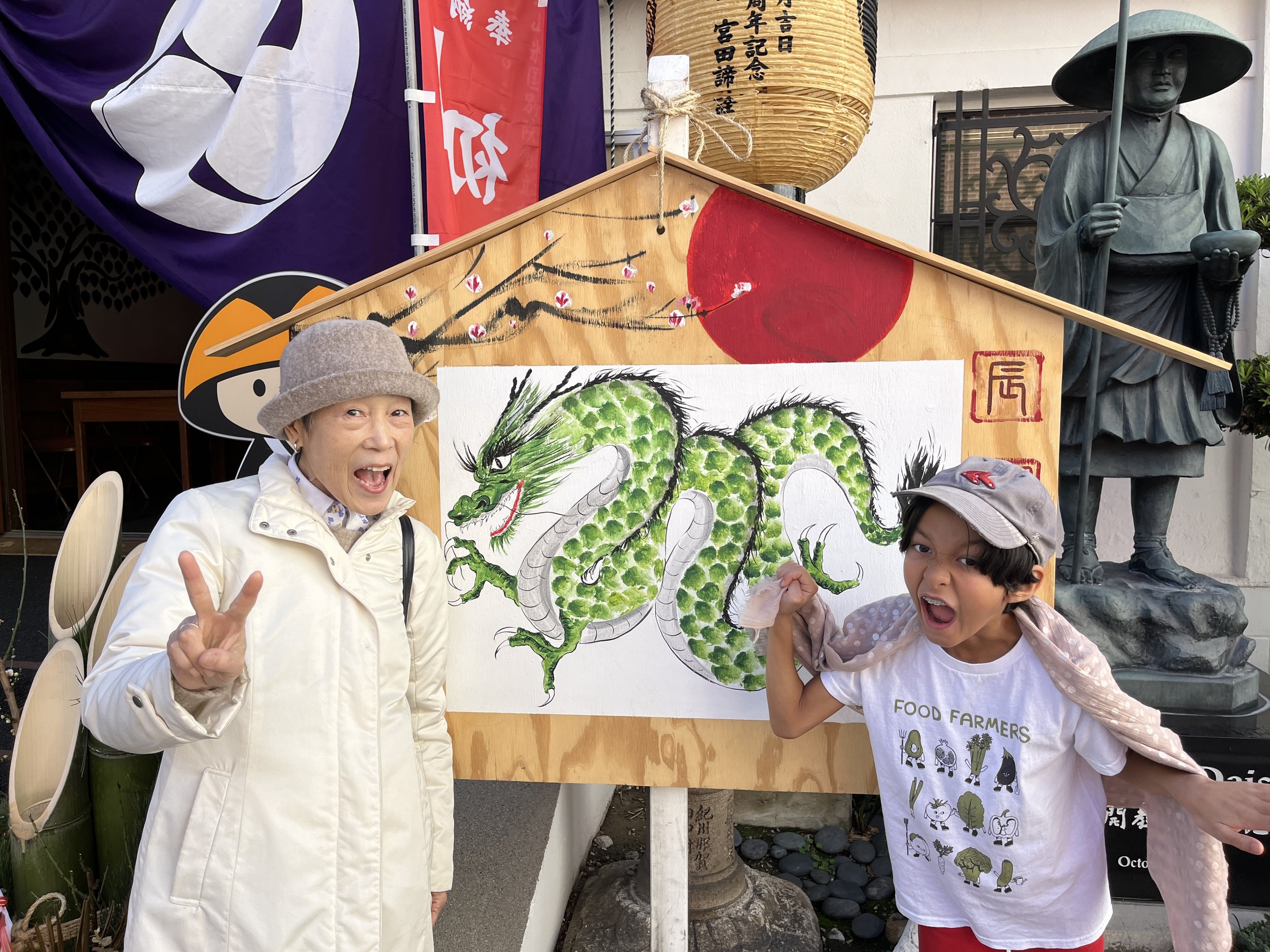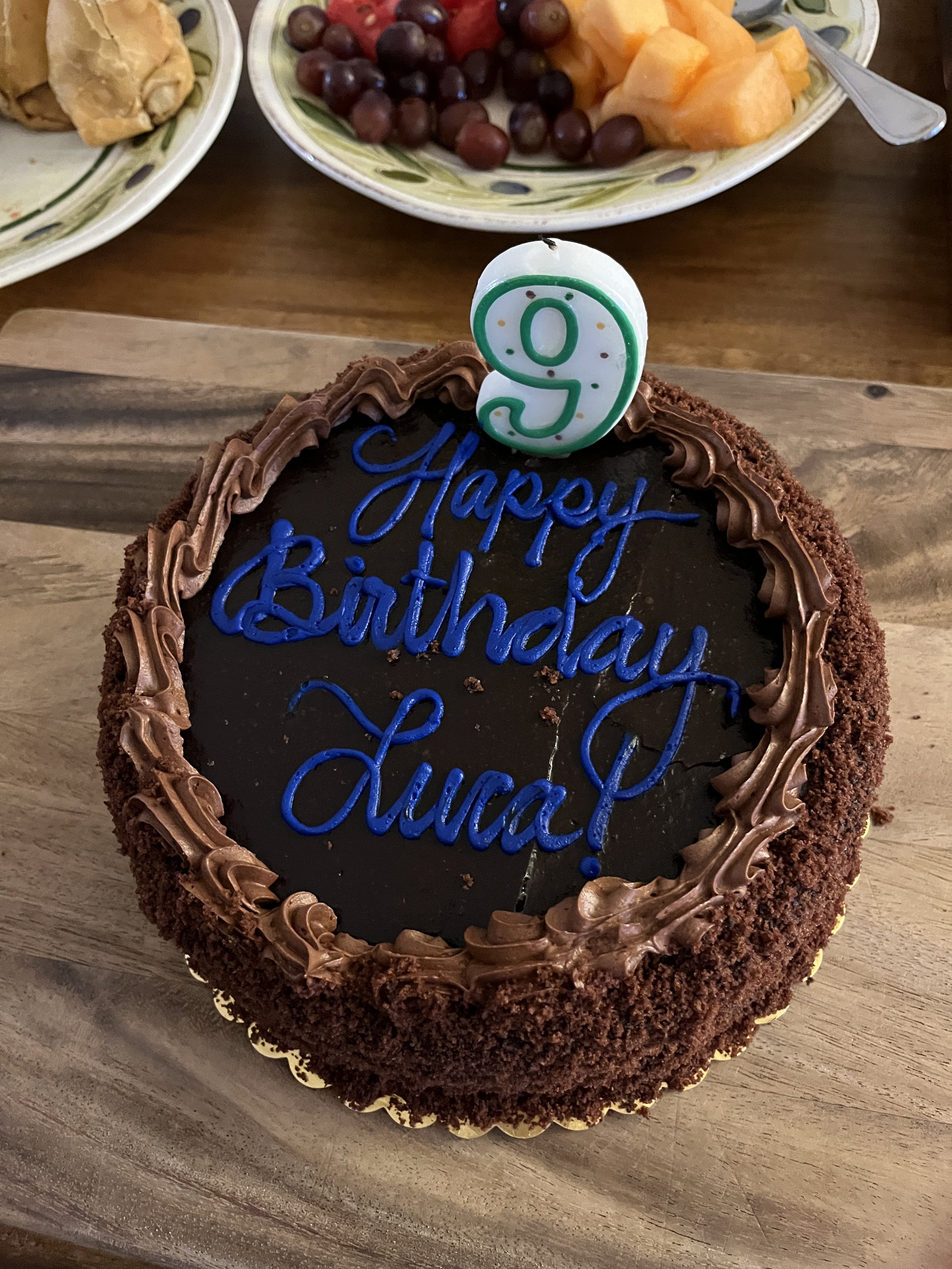Summer Discoveries and Ponderings
How was your summer? Can you believe it’s already September?
My summer was filled with travels. I went to Idyllwild, Philadelphia, Boston, Albuquerque, Bogota, Caracas and Barinas. During these trips, I rested, relaxed, celebrated a dear friend’s marriage, painted eight walls, spent time with dear ones, biked, swam, read books, ate good food, had deep conversations, cried, laughed, saw art, stood in looooong lines at airport immigrations, went sightseeing, climbed mountains and spent time with my Venezuelan family after 15 years.
I am still reflecting on some of the discoveries and ponderings that came up from my various trips. Here are some of them:
Beautiful mountains an hour away from my mother-in-law’s home in Barinas
How grateful I am to be in community with incredibly thoughtful, caring people that make time to see me and my family even when their life is life-ing. From them, I learn about love and the different ways we can show up for each other.
How important it is to spend time and cultivate relationship with family, even if it gets difficult sometimes. It is impossible to predict how much time we may have with each other.
Children are flexible, adaptable and incredibly resilient. As a parent, my role of course is to protect Luca from any harm, but I am also reminded that it is good to practice resiliency within a contained space so that he can build that muscle.
How material wealth and consumerism never provide you with true joy or deep connection, yet how indoctrinated I am to it and the comfort that it brings. And how horrible it is that many folks don’t have access to the necessary resources they need in order to live a healthy life while some folks have more than enough.
What solidarity can look like in this moment of on-going genocide and ICE raids. How each of us are showing up in this moment can look different and that is ok, because each of our actions are moving us closer to collective liberation.
Reminder that grounding and presence can come from connecting and living in right relationship with our land.
Caretaking is one of the most sacred expressions of love.
As I get sucked back into the hustle and bustle of life, I hope that I can continue to carve out time to ponder and ruminate on these thoughts. They feel particularly important right now, when we are feeling so fragmented and siloed. I wish you all ease as you enter the fall season.







